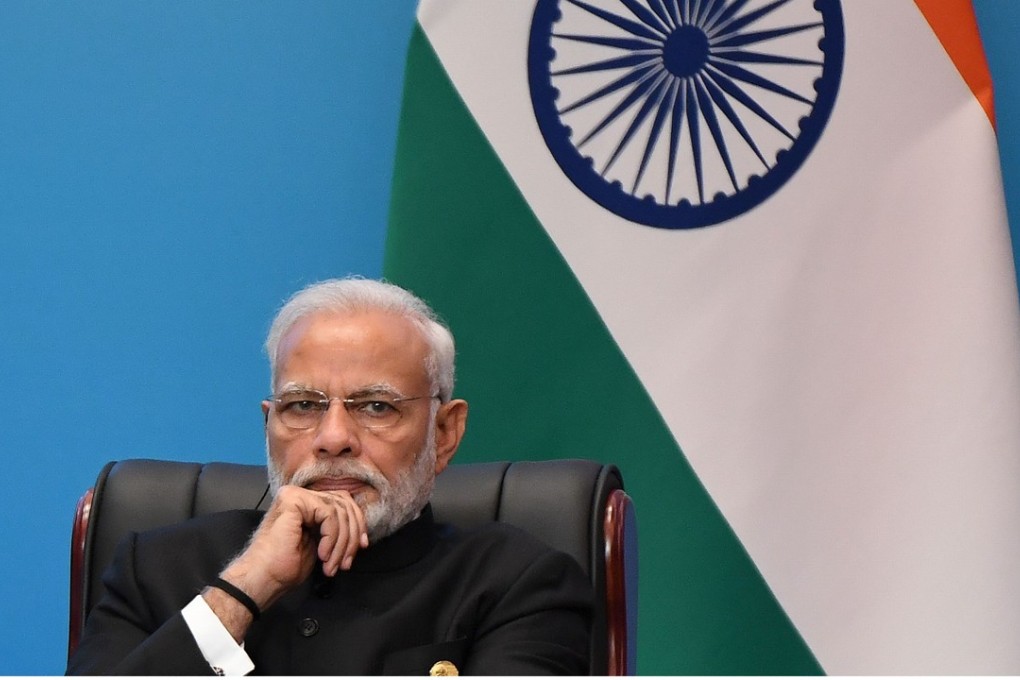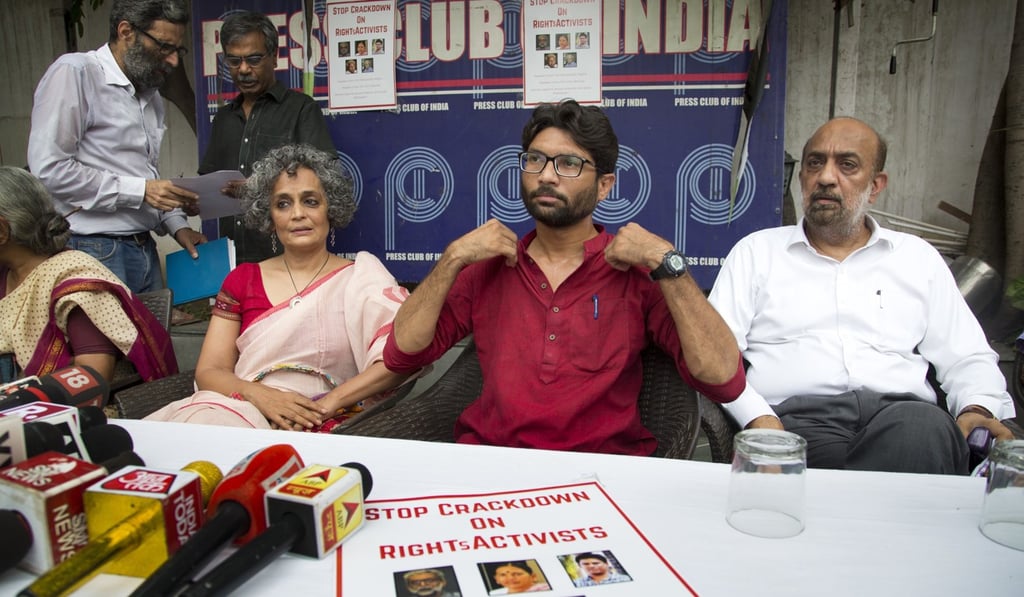Asian Angle | ‘Urban Maoists’: In Modi’s India, if you are in the right you must be on the left
Nationwide police raids on rights advocates come at a time of rising discontent and anger against the ruling BJP government

India’s democracy suffered a body blow this week when police raids across six cities resulted in five prominent left-wing human rights defenders being arrested, the homes and offices of many more searched, and their documents, books, mobile phones and laptops seized.
These included lawyers, a poet, an 81-year-old Jesuit priest and a management teacher. They were all charged under an extraordinary anti-terror law, the Unlawful Activities (Prevention) Act, which allows investigating agencies to withhold many aspects of due process.

None of the arrested activists have advocated violence against the state. But what is common to each one is that they have fought bravely and resolutely for the rights of India’s most oppressed peoples, including tribal populations who are gravely threatened by large, predatory private corporations. They are also vocal and resolute critics of the ruling party and government, deploring both the persecution of religious minorities, disadvantaged castes and workers; and what they regard to be crony-capitalist largesse to big business.
Outside China, these places are where Maoism is alive and kicking
The government and its supporters have consistently attacked its critics as “anti-national”. The supreme leader, his party, the majority Hindu community and the nation are all portrayed by the government as “one”, so any criticism of Modi, his administration’s policies or the Bharatiya Janata Party (BJP) can be effectively transmuted into attacks on Hindus and on the country.
